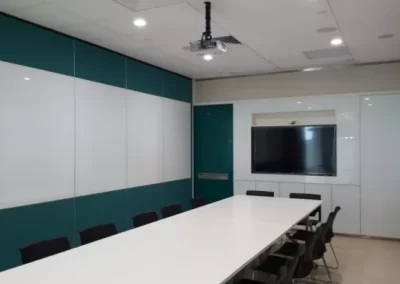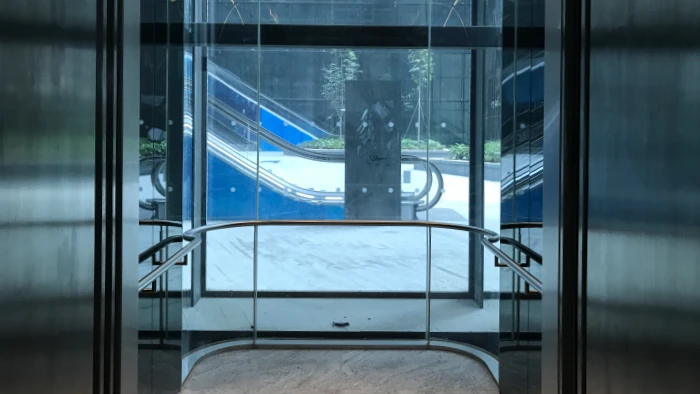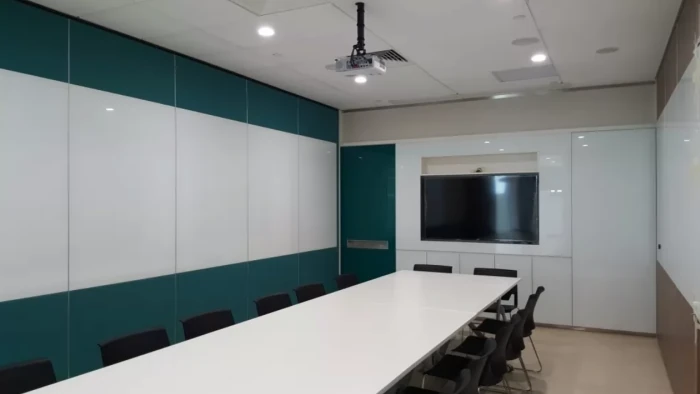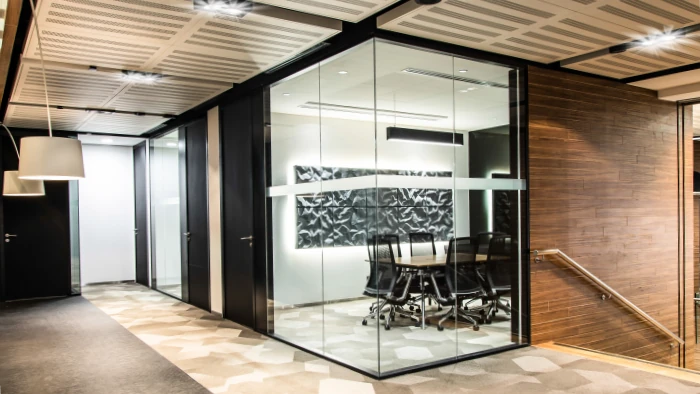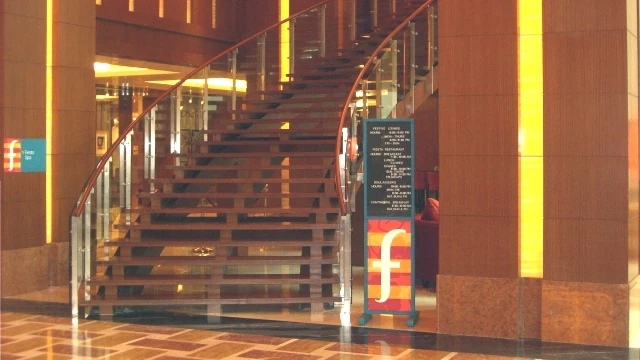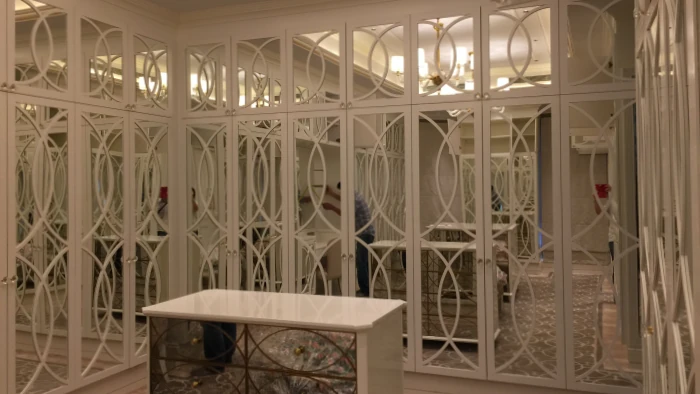Glass Canopy
What is a Glass Canopy?
A glass canopy is a roof-like structure constructed primarily from glass panels. These canopies function as a protective covering for walkways, entrances, patios, and other outdoor areas. They offer shelter from rain, snow, and the sun’s harmful UV rays while enabling natural light to pass through, creating a bright and airy feel to the covered space.
Beyond their basic functionality, glass canopies offer a surprising amount of variety and customization options. Here’s a deeper dive into the world of glass canopies:
Types of Glass Used in Canopies
The type of glass used in a canopy plays a crucial role in its strength, durability, and safety. Here are some of the most common types of glass employed in canopy construction:
Tempered Glass
Also known as toughened glass, tempered glass is a type of safety glass that undergoes a controlled heating and cooling process. This process enhances its strength and makes it shatter-resistant. If a tempered glass panel breaks, it crumbles into small, blunt pieces, minimizing the risk of injury. This makes it the preferred choice for most glass canopy applications.
Laminated Glass
Laminated glass consists of two or more glass panes bonded together with a clear interlayer, typically made of polyvinyl butyral (PVB). This interlayer holds the glass layers together even if the panel cracks, creating a strong and resilient barrier. Laminated glass offers additional benefits like improved sound insulation and UV protection.
Solar Control Glass
This type of glass incorporates a special coating that helps regulate the amount of solar heat and light entering a space. It can significantly reduce heat gain while still allowing for natural light transmission. This is particularly beneficial for canopies covering areas exposed to direct sunlight for extended periods.
Materials for Supporting Frameworks
The framework that supports the glass canopy plays a vital role in its overall stability and aesthetics. Here’s a look at the common materials used for these frameworks:
Aluminium
Lightweight, strong, and resistant to corrosion, aluminium is a popular choice for glass canopy frameworks. It offers a sleek, modern appearance and requires minimal maintenance. Additionally, aluminium can be easily painted to match existing building elements.
Steel
Steel is a highly durable material that can withstand heavy loads. It’s a good option for large canopies or those in areas experiencing strong winds. While steel is generally more expensive than aluminium, it provides superior strength and can be customized with various finishes.
Wood
Wood offers a natural and aesthetically pleasing look for canopy frameworks. However, it requires more maintenance compared to metal options, as it needs to be treated to resist weather damage and insect infestation. Wood is generally not recommended for large canopies or those in harsh weather conditions.
Design Considerations for Glass Canopies
When planning a glass canopy, several design considerations come into play:
Size and Shape
The size and shape of the canopy will depend on the intended use and the available space. Common shapes include rectangular, square, curved, and even combinations of these.
Pitch and Drainage
The pitch of the canopy, or the angle of its slope, is crucial to ensure proper drainage of rainwater or snow. A slight downward pitch is necessary to prevent water from pooling on the glass surface.
Integration with Existing Architecture
The glass canopy should complement the architectural style of the building. Consider factors like the material of the building facade, roofline, and overall aesthetics.
Local Building Codes
Building codes in your area may have specific regulations regarding glass canopies, such as the type of glass permitted, the maximum size, and structural load requirements. It’s essential to consult with a qualified architect or engineer to ensure your glass canopy complies with all local regulations.
By carefully considering these factors, you can design a glass canopy that is not only functional but also aesthetically pleasing and in line with your architectural vision.
Benefits of a Glass Canopy
There are numerous advantages to incorporating glass canopies into your building design. Here’s a closer look at some of the key benefits:
Enhanced Natural Light
Glass canopies excel at bringing natural light into your space. This not only reduces the need for artificial lighting during the day but also creates a more inviting and visually appealing environment. Natural light has been proven to uplift mood, improve productivity, and even provide health benefits.
Weather Protection
Glass canopies provide a welcome shield from the elements. They offer protection from rain, snow, sleet, and hail, keeping your walkways, entrances, and outdoor areas dry and usable year-round. This is particularly beneficial in regions experiencing frequent rainfall or snowfall.
Improved Aesthetic
Glass canopies add a touch of modern elegance and sophistication to any building. Their clean lines and transparent nature create a visually light and airy feel, enhancing the overall aesthetics of your property.
Durability and Low Maintenance
Modern glass canopies are crafted from high-quality, tempered or laminated glass, making them incredibly strong and durable. They can withstand harsh weather conditions and require minimal maintenance to retain their beauty and functionality.
Versatility and Design Flexibility
Glass canopies offer a high degree of design flexibility. They come in a wide range of shapes and sizes, allowing for customization to complement the architectural style of your building. Whether you prefer a simple, minimalist design or a more elaborate and curved structure, there’s a glass canopy to suit your taste.
Protection from UV Rays
While allowing natural light to pass through, glass canopies also provide protection from the sun’s harmful ultraviolet (UV) rays. This can help prevent furniture and other interior elements from fading while also creating a more comfortable outdoor space.
Energy Efficiency
By harnessing natural light, glass canopies can significantly reduce the need for artificial lighting during the day. This translates to lower energy consumption and utility bills.
Space Optimization
Glass canopies can help extend your usable living or working space. They create a covered outdoor area that can be utilized for various purposes, such as dining, relaxation, or even additional workspace.
Increased Property Value
Installing a well-designed glass canopy can enhance the visual appeal and functionality of your property, potentially increasing its market value.
In conclusion, glass canopies offer a multitude of benefits for both residential and commercial properties. They provide shelter from the elements, enhance natural light penetration, and add a touch of modern elegance to any building. If you’re looking for a way to improve the functionality, aesthetics, and value of your property, consider incorporating a glass canopy into your design plans.
Featured
projects
Customer Reviews
Why choose
Yuen Mai Glass Merchant
One-stop solution
Access all your glass needs in one place, from wholesale products to custom fabrication, installation and recycling services, streamlining your project requirements.
Investment in machinery
Leverage high-quality outcomes through our investment in advanced machinery, enhancing the precision and efficiency of our glass processing to ensure swift and reliable delivery of products.
Technology utilisation
Experience seamless service with our integrated ERP system and expert teams, ensuring fast responses, efficient logistics and on-time delivery with sophisticated tracking.
Working on a project that requires glass and mirror products and services?
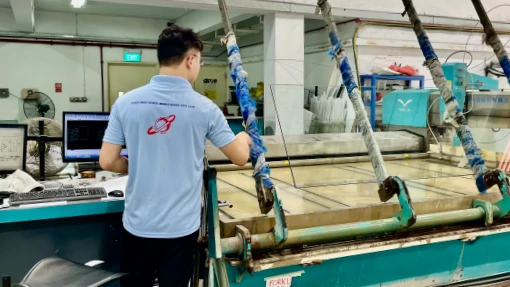
Contact us
Call: +65 6745 5162
Mon-Fri: 9:00 am-6:00 pm
Sat: 9:00 am-4:30 pm
Email: sales@yuenmaiglass.com
Request callback
Send us the form below, one of our sales team member will contact you shortly.
